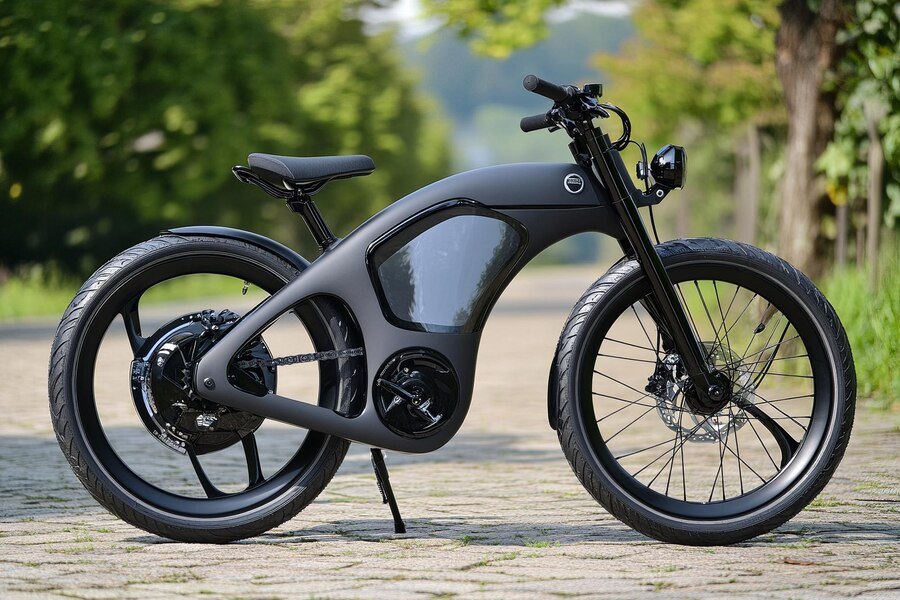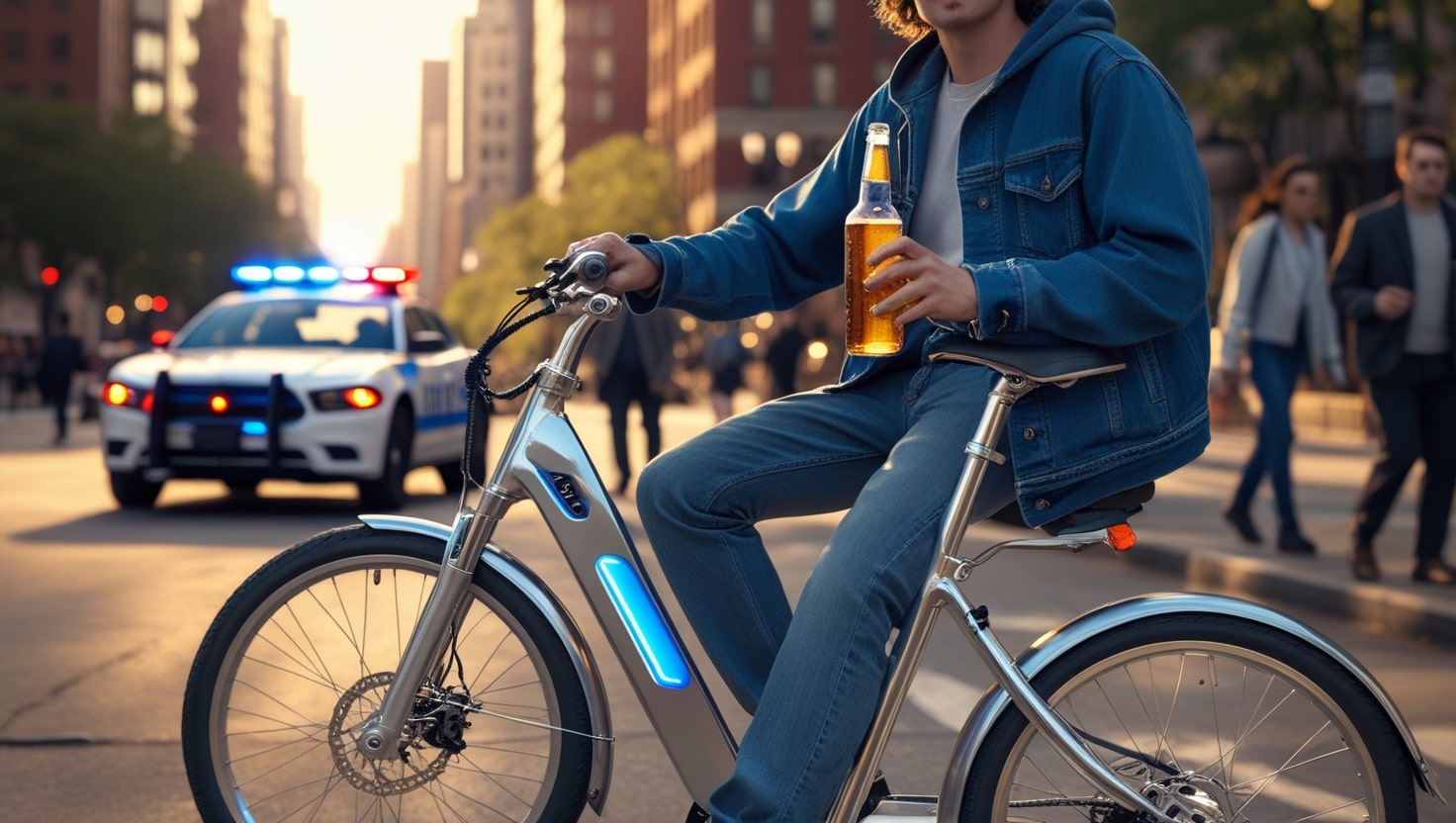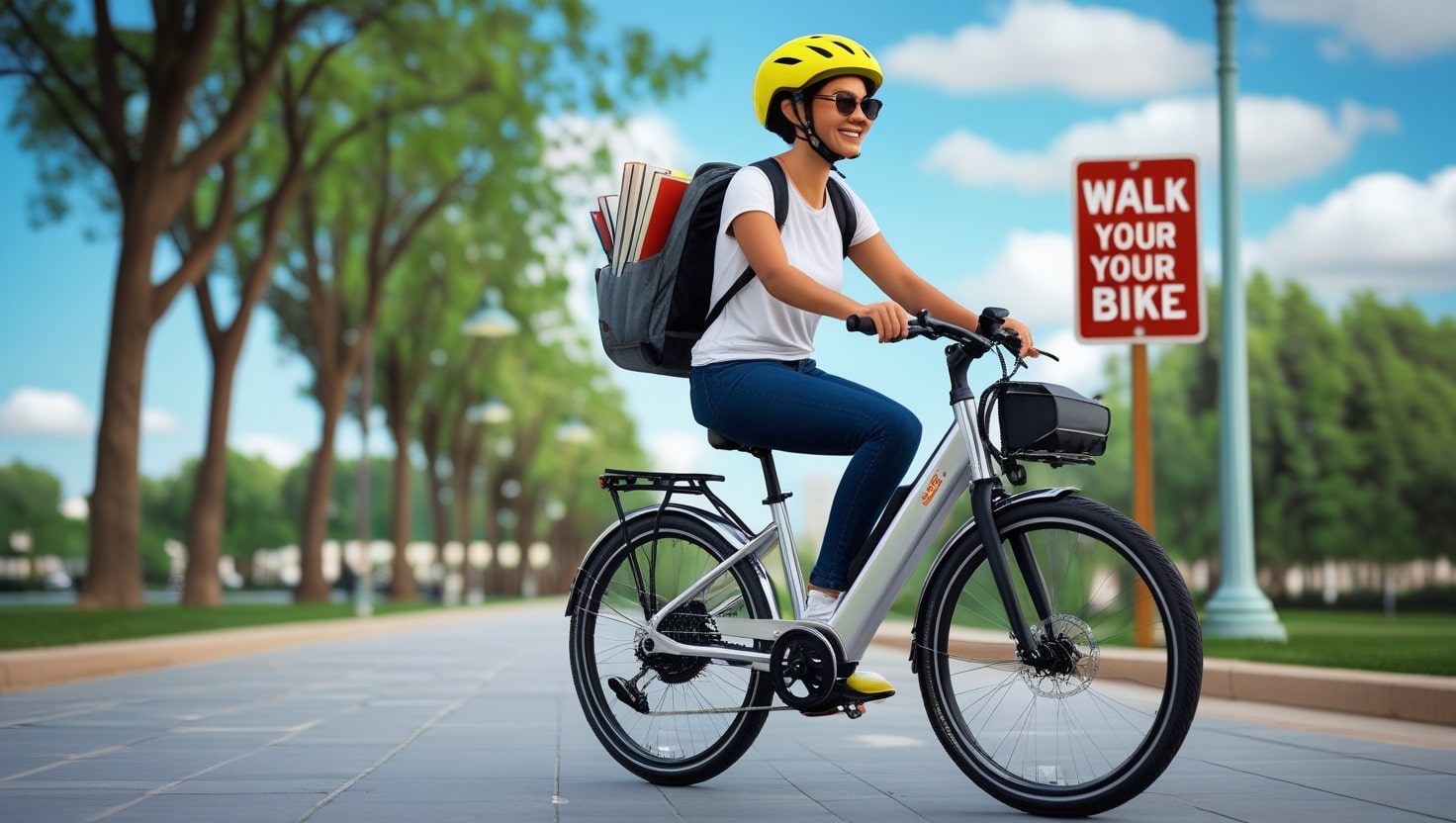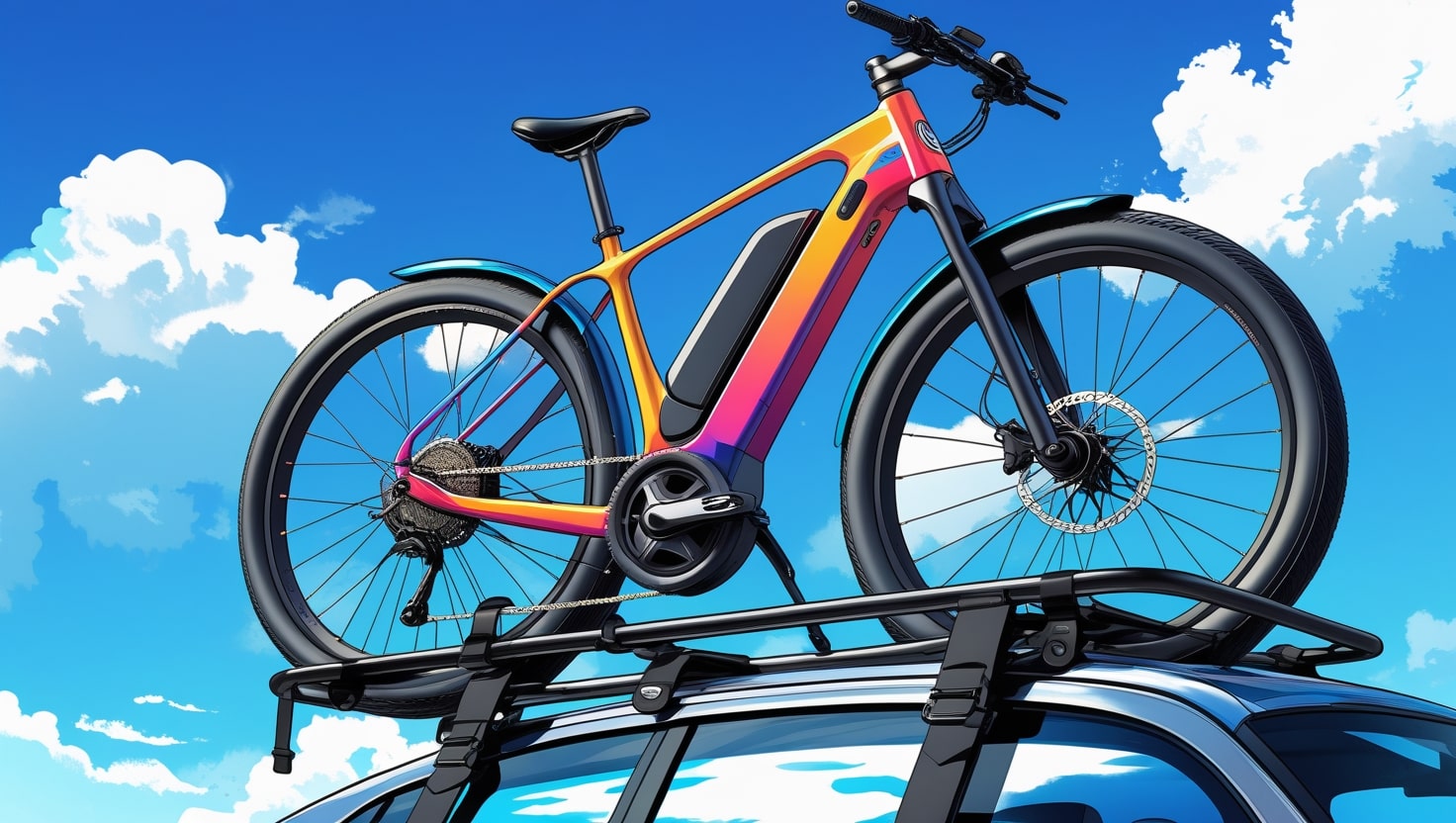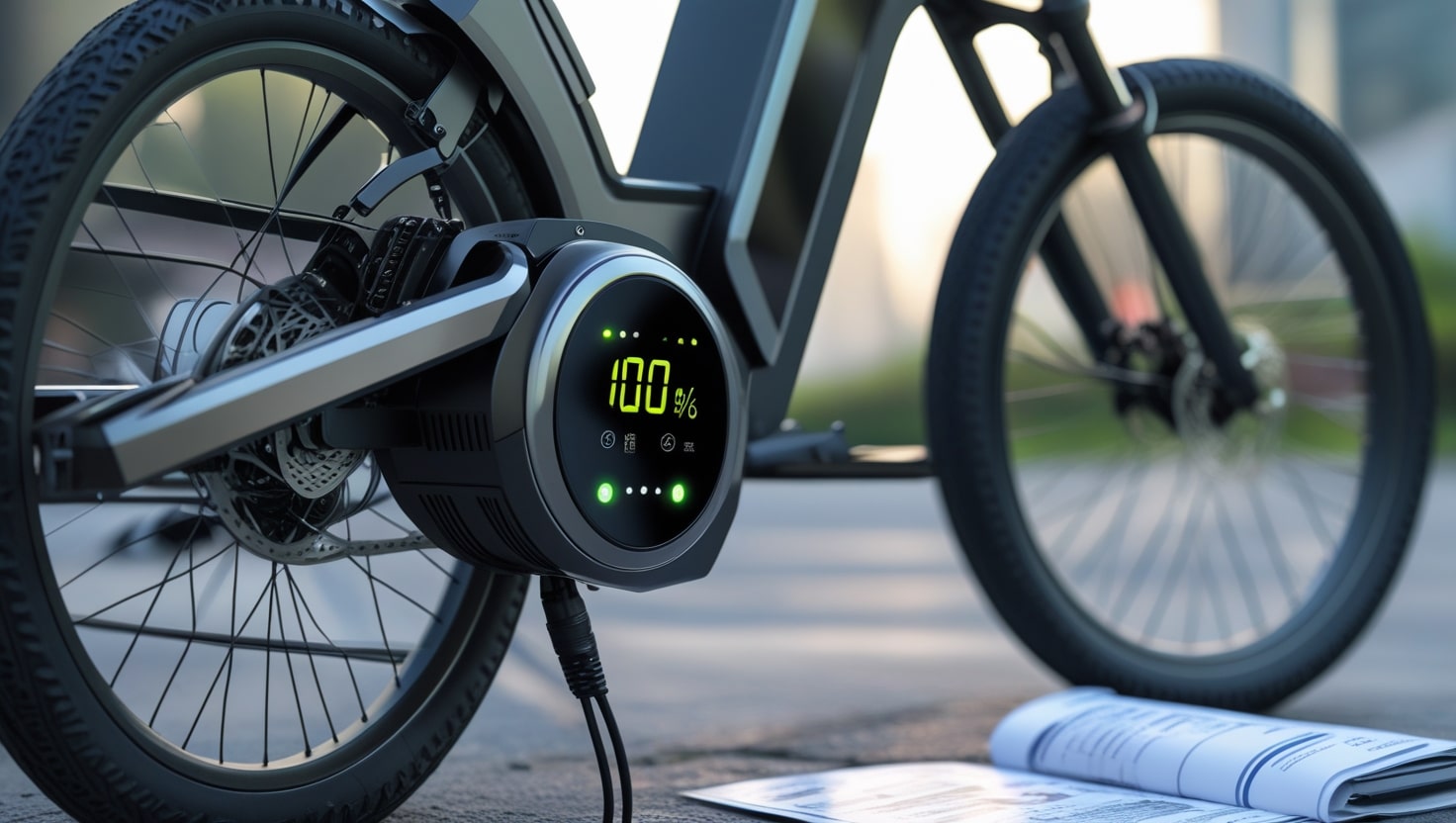Navigating Colorado ebike laws can feel like venturing into uncharted territory. With e-bikes everywhere, it’s no surprise they’re used for everything from carrying groceries on e-cargo bikes to tackling steep single tracks on e-mountain bikes. For riders with bad knees, e-road bikes offer an easy solution, while e-fat bikes are a hit among tourists.
E-commuters who live far from work appreciate the convenience of these electric bikes, but their growing popularity as a new thing has sparked confusion about where they’re allowed and what laws govern their use. Understanding the guidelines is crucial for everyone, whether you’re a casual rider or a seasoned cyclist.
Related: Missouri Ebike Laws
History of E-Bikes
The earliest e-bikes emerged in the 1990s, as noted by Cycle Volta, with bulky lead-acid batteries that made them expensive and weighed over 60 pounds. These models had short ranges, barely reaching 15 miles, and could only achieve speeds of 20 miles per hour, depending on the model.
Over the past three decades, technological advancements have transformed these bikes with high-powered, lightweight, and cheap lithium-ion batteries. This innovation drastically reduced the cost, while improving speed, ease of use, and overall functionality, making modern e-bikes a game-changer for riders everywhere.
The Rise of the Modern E-Bike
E-bikes can now be found everywhere, from mountain trails and bike paths to city bike lanes, campsites, and county roads, even parked at grocery stores. Initially, there was some pushback from the cycling community, but their benefits quickly won people over. They make commuting faster and easier, allow older cyclists and those with injuries or physical disabilities to keep riding, and give people who usually drive a car a chance to explore life on two wheels.
The rise of e-bike popularity has been nothing short of dramatic. Sales have surged to levels comparable to the mountain biking boom of the 1980s and the carbon fiber road bike craze of the 1990s. By 2020, e-bike sales in the U.S. reached $457 million, nearly twice the amount from 2019, according to Bicycle Retailer and Industry News. In 2021, imports increased by 55 percent, with e-bikes outselling electric cars and hybrid plug-ins combined, as reported by Bloomberg.
The Future of E-Bikes and E-Bike Regulations
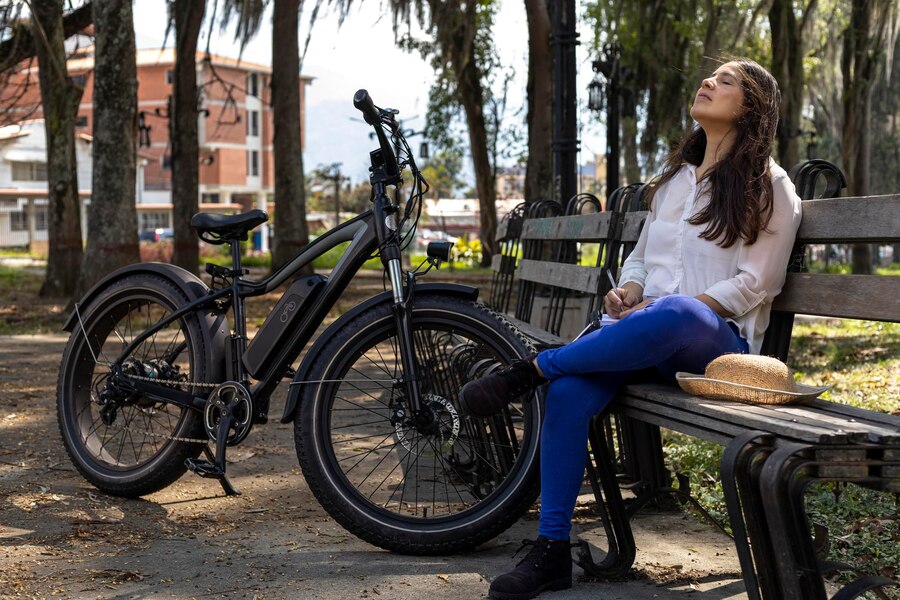
The international E-bike market is growing rapidly, with an expected value of $80 billion by 2026, according to Markets and Markets. In North America, the current market stands at $47 billion, as more cyclists take to the road. This increase in e-bike ridership means a near future filled with adjustments, not only for drivers but also for law enforcement and lawmakers. As electric bikes and other personal devices, like electric scooters, become more popular, laws will likely evolve to meet these changes in transportation.
What is Classified as an E-Bike?
In Colorado, one of at least 27 states with specific laws governing e-bikes, a vehicle must meet certain criteria to be classified as an e-bike. It must have two or three wheels, an electric motor not exceeding 750 watts, and fully functioning pedals. If the motor is larger or the pedals do not work like a bicycle’s, the vehicle could instead be classified as a moped or a motorcycle under state regulations.
Colorado law divides e-bikes into three distinct categories.
- Class 1: Features pedal assist, and the motor cuts out at 20 miles per hour.
- Class 2: Includes pedal assist or throttle, with the motor also cutting out at 20 miles per hour.
- Class 3: Equipped with pedal assist, but the motor cuts out at 28 miles per hour and must have a speedometer.
What is Classified as an E-Scooter?
Under Colorado law, a scooter is considered electric if it meets certain criteria:
- Weighs less than 100 pounds.
- Features handlebars for control.
- Powered by an electric motor.
- Can reach a maximum speed of 20 miles per hour on a paved level surface using only the motor.
Where Can I Legally Ride My E-Bike?
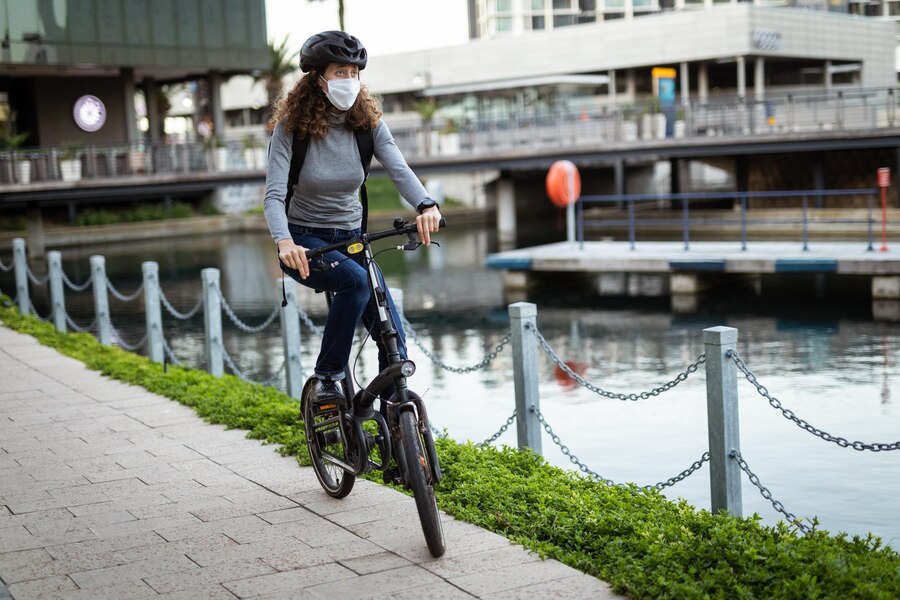
Class 1 and Class 2 e-bikes are typically allowed on all roadways and bike lanes where conventional cyclists ride, including protected bike lanes. However, local municipalities have the authority to create their own rules about access to soft trails, hard-surfaced bike paths, and single-track routes for e-cyclists. If you’re unsure whether a specific path or trail permits e-bikes, check for posted signs to avoid any confusion.
For Class 3 e-bikes, there may be additional restrictions depending on your local jurisdiction, but they are always permitted on roadways and bike lanes where conventional bikes are allowed. To stay compliant, always be aware of local rules and observe signage when riding in different areas.
What About My E-Scooter?
Under state law, local municipalities cannot create restrictive rules for e-scooters that are stricter than those for e-bikes. This means e-scooters are permitted to share the road with motor vehicles, use the bike lane, and access bike paths and sidewalks where class 1 e-bikes are allowed.
This ensures that riders of e-scooters enjoy similar privileges to e-bikes while navigating urban and suburban areas. Whether you are on a busy road, cruising in a bike lane, or riding along designated bike paths, the rules are designed to give you flexibility and safety.
Are e-bikes allowed on Colorado trails?
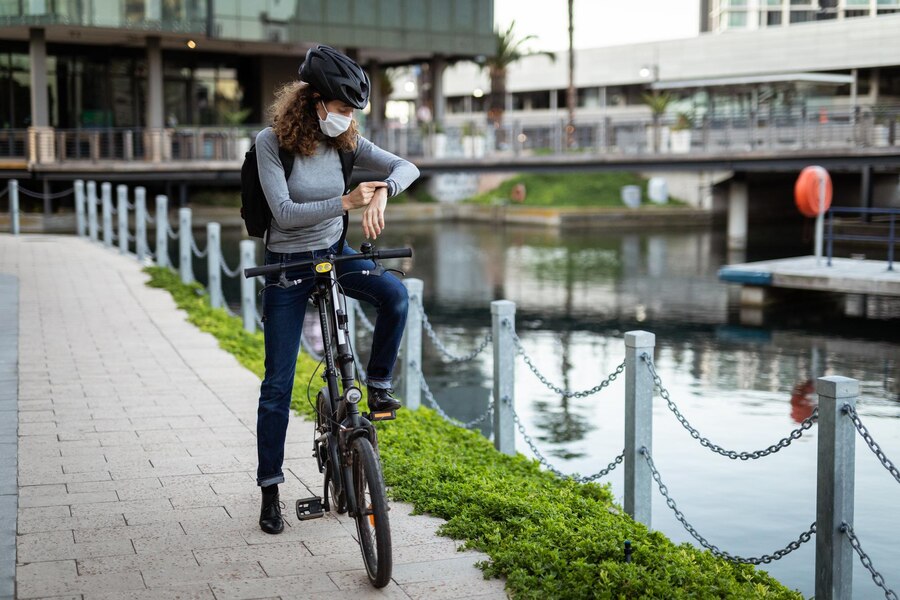
Colorado is known for its extensive network of parks and trails, but does that mean you can ride your e-bike anywhere? Absolutely not. Here is a brief summary of the rules for using e-bikes on public trails and lands:
Land managed by Colorado Parks and Wildlife: CPW allows e-bikes in specific areas. Class 1 and 2 e-bikes are permitted in the same areas as road bikes and mountain bikes, such as designated mountain bike trails. Class 3 e-bikes are only allowed on bike lanes and roads.
State parks: Class 1 and 2 electrical-assisted bicycles are generally permitted where nonmotorized bikes are allowed, including roads, designated bike lanes, and multiuse trails. However, Class 3 bikes can only be ridden on roads and specific bike lanes.
State wildlife areas: E-bikes are limited to camping areas, parking areas, and designated roadways where motorized vehicles are allowed. They are prohibited in all other locations.
State trust lands: These areas are for fishing, hunting, and wildlife watching. E-bikes can only be used for these activities and only on designated roads.
Other public lands: For places like public parks and local playgrounds, check with the agency governing the land before riding your e-bike.
Related: Washington State Ebike
How old do you have to be to ride an e-bike in Colorado?
In Colorado, you must be at least 16 years old to legally ride a Class 3 e-bike. Unlike driving a car, you don’t need a driver’s license to operate an e-bike, making it an accessible transportation option for many.
Do you need a helmet when riding an e-bike in Colorado?
In Colorado, anyone under 18 riding a Class 3 e-bike is required to wear a helmet. Understanding helmet laws is important, not just in Colorado but in other states as well. To stay informed about the requirements, check out our comprehensive guide on e-bike safety.
Are e-bikes allowed in Rocky Mountain National Park?
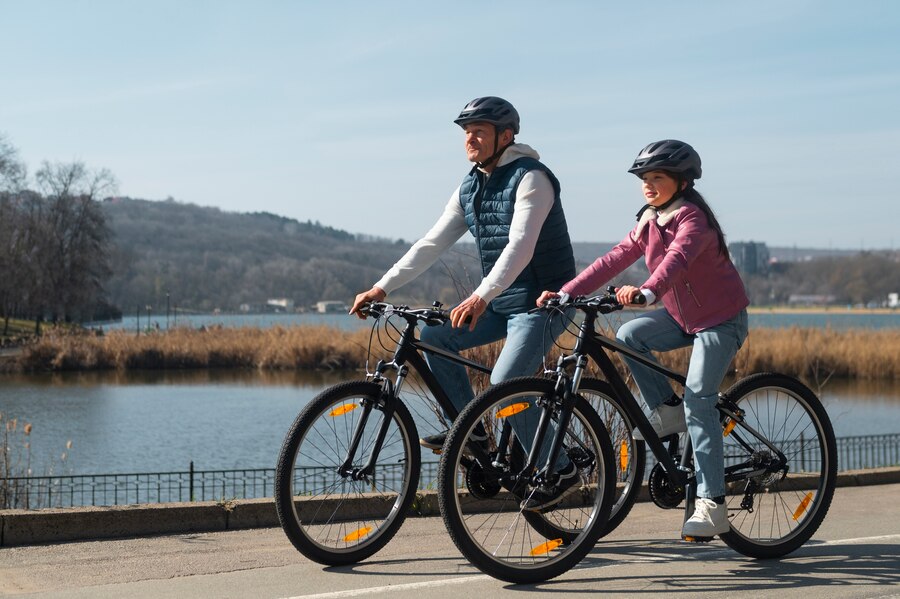
Rocky Mountain National Park is one of Colorado’s most popular outdoor attractions. You can ride an e-bike throughout the park on both paved areas and unpaved areas that are open to motor vehicles, unless signs are posted stating otherwise.
Do You Need a License to Drive an Electric Bike?
In Colorado, no license, registration, or insurance is needed to operate an eBike, making it a highly accessible policy for many users. However, riders must follow specific age restrictions and helmet requirements based on their eBike’s classification to ensure safety and compliance with state laws.
Related: Rhode Island Ebike Laws
Regional Regulations and Local Laws
Colorado has established a statewide basis for eBike regulations, but individual local jurisdictions may implement additional rules. Notable examples include:
Denver:
Class 3 e-bikes are not permitted on some footpaths and bike paths. However, they are approved for use on roads and in designated bike lanes.
- For full details, refer to the City of Denver’s Bike Rules.
Boulder:
- Non-motorized paths generally restrict all eBike types unless it is explicitly stated otherwise.
- Certain trails managed by Open Space and Mountain Parks (OSMP) may allow Class 1 and Class 2 eBikes.
- For the latest updates, check Boulder OSMP’s eBike Guidelines.
Colorado Springs:
- eBikes are permitted on urban trails and in bike lanes.
- Riders should follow trailhead signage for guidance on usage.
- For details on mountain trail regulations, consult Colorado Springs Parks, Recreation, and Cultural Services.
Colorado eBike Rebates and Incentive Programs
Colorado offers several rebate programs to promote the use of e-bikes. These programs include:
$150 rebate for La Plata Electric Association members, with the application required to be submitted within 90 days of the purchase.
$50 rebate for Holy Cross Energy members in Glenwood Springs when buying a new e-bike for errands or commuting to work.
$150 rebate for Gunnison County Electric members, with the application also needing submission within 90 days of the purchase.
25% of the cost (up to $150) for Highline Electric Association members in Holyoke, Sterling, and Ovid, applicable to the purchase of a new e-bike.
$150 rebate in the form of bill credits for Yampa Valley Electric Association members, provided the process is completed within 90 days of the purchase.
Up to $400 rebate for full-time Avon residents when purchasing a new or used e-bike for errands or commuting to work.
25% of the cost (up to $150) for Empire Electric Association, Inc. members, applicable to new e-bike purchases. Retrofit kits are excluded from this program.
The City and County of Denver offers e-bike and e-cargo bike instant rebates for Denver residents. These rebate vouchers provide an upfront discount on the sale price of an e-bike purchased from a participating bike shop. Rebates range from $300 to $1,400, depending on specific criteria.
Related: Indiana Ebike Laws
What Laws Must I Follow While Riding an E-Bike on the Road?
When riding an e-bike, you must follow similar rules as a conventional bike. Stay on the right side of the road or bike lane when it is safe, except when making a left turn, passing a slower vehicle or cyclist, or riding two-abreast with another rider. Always signal your intention to turn or stop if it is safe to take a hand off the bars. Obey speed limits and other road signs. Under Colorado’s Safety Stop, riders can treat stop signs like yield signs and red lights like stop signs, as long as they do not take the right of way from another road user and it is safe to proceed.
What you should know before riding your e-bike in Colorado
Before you start e-cycling in Colorado, check the local regulations for your chosen riding area. As highlighted in the guide above, rules may vary. Additionally, consider these tips to ensure a safe and enjoyable e-biking adventure:
Wear a helmet: If you’re over 16, you aren’t legally required to wear a bike helmet when riding a Class 3 e-bike, but it’s highly recommended. A helmet can reduce the risk of head injuries in case of accidents.
Plan your route: Choose bike trails that suit your preferences and skill level. In the Rocky Mountains National Park, popular options include the Old Fall River Road and Trail Ridge Road, which are open from April 1 to Nov. 30. Be sure to check details like elevation, length, and opening times before heading out.
Pick the right bike: The type of e-bike matters for your adventure. If you’re planning off-roading in unpaved areas, consider a bike with fat tires for better performance and stability.
Related: North Carolina Ebike Laws
What are the penalties for violate regulation
Anyone who violates regulations regarding the manufacturing standards or classification of electric bikes and scooters may face a class B traffic infraction. This infraction carries a fine of $15 and a surcharge of $6.
Local ordinances for e-bikes in Colorado
While e-biking in Colorado, it’s essential to follow the guidelines set by your specific location. Different areas have unique rules, so always check with the local governing body before riding on any land. For instance, in Boulder County, Class 1 and Class 2 e-bikes are allowed on the Coal Creek and Rock Creek Trails, but they are prohibited on the Boulder Canyon and Coalton Trails. Knowing these specific guidelines helps ensure you ride legally and responsibly.
Final Thoughts and Legal References
Colorado’s eBike laws are designed to create a balance between accessibility and safety, allowing riders to enjoy the benefits of electric biking. With clear classifications and support from local rebate programs, Colorado is actively paving the way for sustainable transportation. To stay in compliance, always review state laws, local laws, and any trail restrictions or regional regulations. This approach ensures you can ride responsibly while making the most of your eBike experience.
Related: Michigan Ebike Laws Simplified
FAQs
Can I ride my eBike on sidewalks in Colorado?
In Colorado, eBikes are generally not allowed on sidewalks unless local ordinances explicitly permit it. Always check with your local municipality to confirm the specific rules regarding sidewalk use in your area to avoid any violations and ride responsibly.
Are there age restrictions for riding an eBike in Colorado?
There are no statewide age restrictions for Class 1 and Class 2 eBikes, meaning riders of all ages can operate them. However, for Class 3 eBikes, riders under 16 are not allowed to operate them unless they are passengers. Additionally, helmets are required for anyone under 21 using a Class 3 eBike.
Do I need a special license or registration for an eBike in Colorado?
In Colorado, you do not need a license, registration, or insurance to ride an eBike. They are classified under state law in the same category as traditional bicycles, making them accessible and easy to use without extra legal requirements.
What trails in Colorado allow eBikes?
Singletrack trail access in Colorado depends on the eBike classification and trail designation. Class 1 and Class 2 eBikes are generally permitted on multi-use trails and motorized trails, while Class 3 eBikes are often limited to roadways and bike lanes. To ensure compliance, check with local land management agencies for the most up-to-date trail rules before you ride.
How can I apply for an eBike rebate in Colorado?
Rebate programs in Colorado vary depending on your location and utility provider. For example, Denver offers rebates starting at $300, while the La Plata Electric Association provides $150 rebates. To apply, visit your local electric cooperative or municipal website to check the specific application details for your area.

